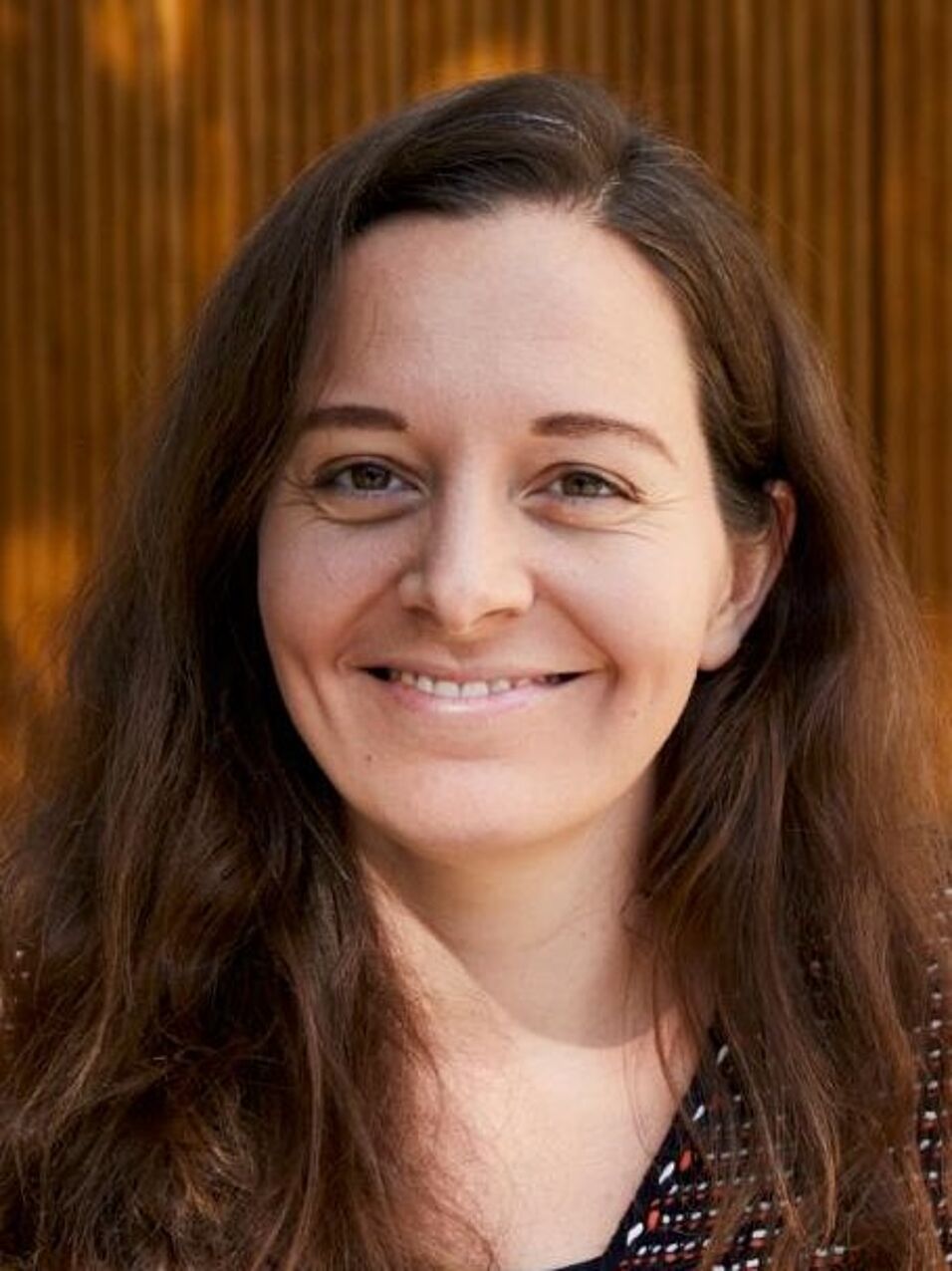Habilitation Colloquium
Dr. Barbara Fischer
October 16th 2024, 13:15 CET
Lecture Hall 2, UBB
Djerassiplatz 1, 1030 Vienna
Evolution of the human pelvis and birth
Childbirth is a relatively long and risky process in humans, especially compared to most other primates. This is a direct consequence of the fact that human fetuses—particularly their heads—are large in comparison to the small maternal birth canal. The outcomes of birth can be devastating for both mother and child. Each year, more than 300,000 women worldwide die due to complications during pregnancy and childbirth. In the poorest parts of the world, the lifetime risk of maternal death remains as high as 1 in 6.
Why did evolution not produce a more spacious birth canal in humans to mitigate the high mortality associated with childbirth? In this talk, I will address this question and explain why evolution has not arrived at a better solution to the challenge posed by the tight fit during birth. By integrating perspectives from anthropology, evolutionary biology, and medicine, I will analyze the selective pressures that have shaped the evolution of the human pelvis and childbirth.

